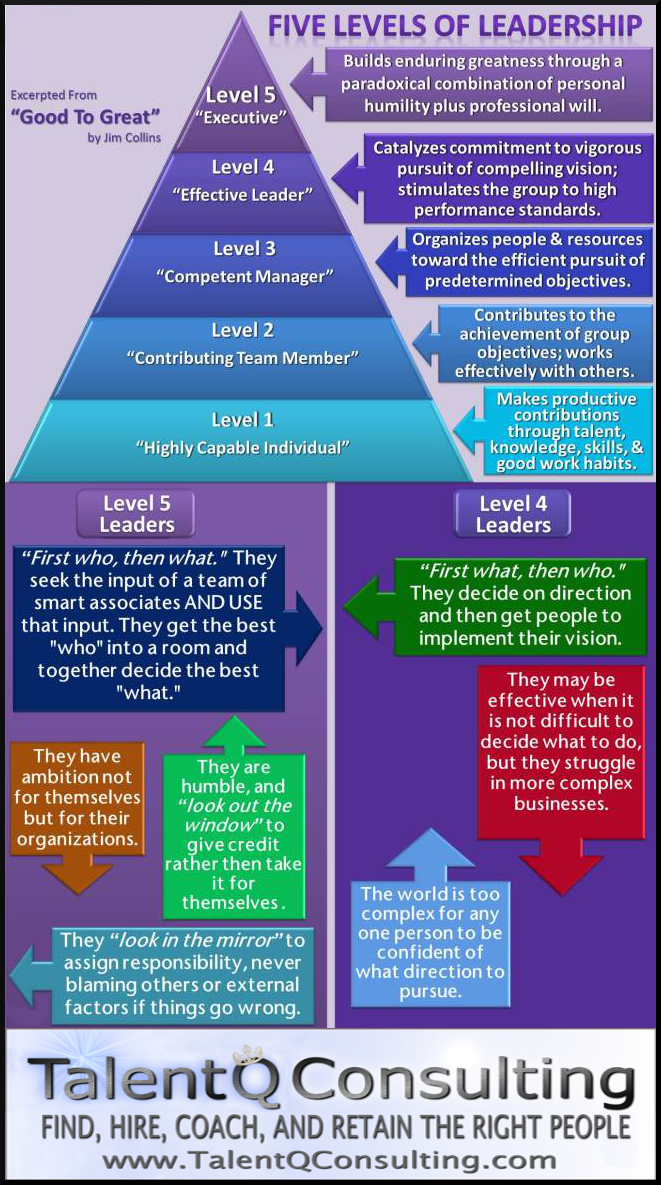Tagged: Leadership
What I Learned From Peter
Recently I was asked “who is the person, living or dead you would most want to meet?” Now I will admit the FIRST thought that popped into my head was Princess Diana, however, she was quickly supplanted by Peter Drucker. The fact is I love Peter Drucker and he, more than any other person has influenced my professional life. If you haven’t read any of his writings, you owe it to yourself to begin immediately. You will be profoundly changed. I guarantee it.
is I love Peter Drucker and he, more than any other person has influenced my professional life. If you haven’t read any of his writings, you owe it to yourself to begin immediately. You will be profoundly changed. I guarantee it.
Peter Drucker was a writer, professor, management consultant and self-described “social ecologist.” He died in 2005 and was called by Business Week as “the man who invented management.”
He wrote 39 books, along with countless articles. He coined the term “knowledge worker,” and he spent his life examining the best ways to manage these “knowledge workers.”
As you read through these Drucker gems, keep track of how many of these you adhere to and see how you stack up on what I call the “Drucker Management Scale.” So without further ado, here are some of my favorite things that I learned from Peter…
“What is management? Management’s task is to make people capable of joint performance, to make their strengths effective and their weaknesses irrelevant.”
“One does not manage people. The task is to lead people and the goal is to make productive the specific strengths and knowledge of each individual.”
“The only thing that differentiates one business from another in any given field is the quality of its management on all levels.”
“Management’s first job is to think through, set, and exemplify (company) objectives, values, and goals.”
“Training and development (of employees) must be built into a company on all levels – training and development that never stops.”
A business enterprise has only one true resource: people. It succeeds by making human resources productive.
“Common vision, common understanding, and unity of direction and effort of the entire organization require the definition of, ‘what our business is and what it should be.’ Without this there is business frustration and failure.”
“Whoever is content to rise with the tide (rather than looking ahead) will also fall with it.”
“The area without specific objectives will be neglected. If objections are only good intentions, they are worthless. The must be transformed into work that is specific, with clear, unambiguous, measurable results, a deadline and assignment of accountability.”
“Knowledge workers have mobility. They can leave. Therefore, employees have to be managed as partners and it is the definition of a partnership that all partners are equal. Partners can not be ordered, they have to be persuaded. Therefore, the management of people is a marketing job. In marketing you don’t start with the question, ‘what do WE want?’ One begins with the question, ‘what does the other party want?’”
“What the boss does and says, his or her most casual remarks, habits, even mannerisms, tend to appear to subordinates as calculated, planned, and meaningful.”
“Management by crisis …is a sure sign of confusion by management. It is an admission of incompetence, that the manager doesn’t know how to plan… and that the company does not know how to direct them.”
“You can not build performance on (people’s) weaknesses, you can only build on strengths.”
“Making the right people decisions is the ultimate means of controlling an organization well. They reveal how competent management is, what its values are, and whether it takes its job seriously. People decisions can not be hidden. They are eminently visible.”
A great place to start reading Peter Drucker is http://www.druckerinstitute.com. It’s like a Peter Drucker themed Disney World. Enjoy!
Here’s an infographic of some of Peter Drucker’s most well-known books.
Do Your Salespeople Think Of You As A Manager Or A Leader?
Recently I was reading an article for managers about how to be a more effective manager and leader for their sales team. As I read through the “top 7 things you can do…” (have you noticed how all articles these days seem to start that way?) it struck me that what a lot of them boiled down to is knowing what needs to be accomplished.
In other words, good managers know how to do things but GREAT managers know not just how to do things, but what things we need to do. They enlist the aid of their salespeople and other managers in figuring out the “what.” They are collaborative not “my way or the highway” and thus the right things get accomplished. I was reminded of a famous quote by management guru Peter Drucker:
“Management is doing things right; leadership is doing the right things.”
It bears repeating, “Management is doing things right” (the how) “Leadership is doing the right things” (the what). So how do we know if we are just “doing things right” and managing or “doing the right things” and leading?
Luckily for us, Jim Collins answered that in his book, “Good To Great” by outlining the differences in being a Level 4 Leader and a Level 5 Leader. Check out the infographic below…
